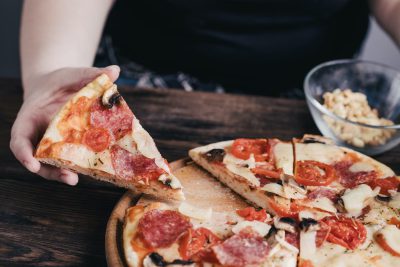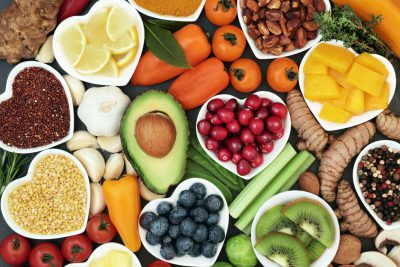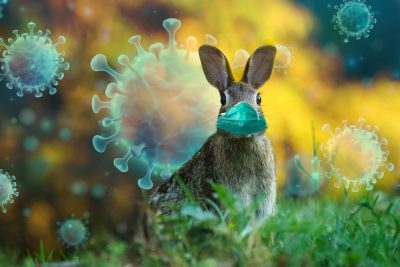The tricky thing about processed foods (aka junk foods) is that they’re actually addictive, and it’s our addiction to these foods, rather than our love of these foods, that makes them particularly hard to give up. But, as with any addiction, the longer you go without these types of foods, the less you’ll crave them, up to the point where they don’t even appeal to you anymore because you feel so amazing without them.
Research has shown that foods containing excessive amounts of sugar, fat, or salt, are capable of causing changes in our brains that are similar to those seen with drug addiction. A study published in 2018 also reported that people who reduced their consumption of processed foods actually experienced some of the same physical and psychological symptoms as those withdrawing from cigarettes.
Sugar Cravings
Added sugar is often referred to as “America’s favorite drug” because, like drugs, it causes a release of dopamine and endorphins in the brain. This is why we often find ourselves craving “something sweet” and then distracted, depressed or angry when we don’t get our “fix”. Sugary candy, cakes, cookies and chocolate are heavily marketed to children from an early age in the knowledge that children’s early experiences often shape their later behavior, making them more likely to buy sugary foods when they’re older. This is great news for the sugar industry but bad news for our health, since eating too much added sugar is a major contributing factor to chronic conditions, including heart disease, diabetes, and cancer.
Added-sugar withdrawal can actually cause nausea, headaches and fatigue and feel a lot like a bout of the flu. How you cope with the symptoms of sugar withdrawal will depend on your goals, so remain focused on your optimal health objectives and remember: consuming the natural sugars found in whole fruit is completely okay!
The Cheese Trap
Cheese is another prime example of an addictive, processed food.
Cheese, which is the biggest source of fat and cholesterol in the American diet, contains a number of ingredients that trigger the pleasure receptors in our brain, including saturated fat, sodium and casein (animal protein). It also contains casein fragments called casomorphins: a morphine-like opiate compound.
“These opiates attach to the same brain receptors that heroin and morphine attach to. They are not strong enough to get you arrested, but they are just strong enough to keep you coming back for more, even while your thighs are expanding before your very eyes.”
Dr. Neal Barnard, Physicians Committee for Responsible Medicine
Dopamine is one of the brain’s neurotransmitters that helps to regulate movement, attention, learning, and emotional responses. Since dopamine contributes to feelings of pleasure and satisfaction as part of the brain’s pleasure center, it also plays a part in addiction.
Research has shown that a number of addictive drugs and animal products, like cheese, increase dopamine activity in our brain in order to encourage us to seek and consume more of it. This is undoubtedly why so many people crave it, talk about it, and claim they “couldn’t live without it”.
Kicking the Habit
The addictive quality of animal products and processed foods are important to bear in mind as you embark upon your healthier plant-based vegan lifestyle. Knowing that addictions can be fought and beaten with the right amount of knowledge, guidance, and determination will be critical to your success. And finding that the the food awaiting you on the other side not only tastes amazing but makes you feel amazing too is what makes the journey so worthwhile.
Trust us – you can do this, and you’ll be so glad you did!



